The Ultimate Guide to Choosing the Right Size Boiler for Your Home
Choosing the right size boiler for your home is crucial for efficient heating and cost savings. A boiler that is too small will struggle to heat your home adequately, while a boiler that is too large will waste energy and increase your energy bills. It is important to carefully consider factors such as the size of your home, the number of occupants, and your heating requirements when selecting a boiler size. In this article, we will discuss the importance of choosing the right size boiler, factors to consider when making your decision, how to calculate the correct boiler size for your home, the benefits of selecting the right size boiler, common mistakes to avoid, different types of boilers and their sizing requirements, choosing the right boiler size for different types of homes, how to ensure your boiler is the right size for your heating needs, the impact of boiler size on energy efficiency and cost savings, and finding the right boiler installer to help you make the right choice.
Understanding the Importance of Choosing the Right Size Boiler
Choosing the right size boiler is crucial for efficient heating and cost savings. A boiler that is too small will struggle to heat your home adequately, resulting in cold rooms and discomfort. On the other hand, a boiler that is too large will waste energy and increase your energy bills. When a boiler is oversized for your home, it will cycle on and off more frequently, leading to increased wear and tear on the system and reduced efficiency. This can result in higher energy bills and a shorter lifespan for your boiler.
Factors to Consider When Choosing the Right Size Boiler
There are several factors that should be taken into account when selecting a boiler size. The size of your home is one of the most important factors to consider. A larger home will require a larger boiler to adequately heat all the rooms. The number of occupants in your home is another factor to consider. More occupants will typically mean a higher demand for hot water, which will require a larger boiler. Additionally, you should consider your heating requirements. If you have a large family and require hot water for multiple showers and baths simultaneously, you will need a larger boiler to meet this demand.
How to Calculate the Correct Boiler Size for Your Home
Calculating the correct boiler size for your home can be done using online calculators or by seeking professional assessments. Online calculators take into account factors such as the size of your home, the number of occupants, and your heating requirements to provide an estimate of the boiler size you will need. However, it is important to note that these calculators are only a guide and may not take into account specific factors unique to your home. For a more accurate assessment, it is recommended to seek professional advice from a qualified heating engineer or boiler installer. They will be able to assess your home and provide a more accurate calculation of the correct boiler size for your needs.
The Benefits of Choosing the Right Size Boiler
Choosing the right size boiler has several benefits. Firstly, it improves energy efficiency. A correctly sized boiler will operate at its optimum efficiency, resulting in reduced energy consumption and lower energy bills. Secondly, it reduces energy bills. By choosing a boiler that is the right size for your home, you can avoid wasting energy and reduce your energy bills. Thirdly, it increases comfort. A properly sized boiler will be able to heat your home evenly and provide a comfortable living environment. This means no more cold rooms or hot spots. Overall, choosing the right size boiler can lead to improved energy efficiency, reduced energy bills, and increased comfort.
Common Mistakes to Avoid When Choosing a Boiler Size
There are several common mistakes that homeowners make when selecting a boiler size. One common mistake is underestimating their heating needs. Homeowners may choose a smaller boiler in an attempt to save money, but this can result in inadequate heating and discomfort. Another common mistake is oversizing the boiler. Homeowners may choose a larger boiler thinking that it will provide better heating, but this can lead to wasted energy and increased energy bills. It is important to carefully consider your heating needs and seek professional advice to avoid these common mistakes.
Different Types of Boilers and Their Sizing Requirements
There are different types of boilers available, and each type has its own specific sizing requirements. Combi boilers, also known as combination boilers, are compact units that provide both hot water and central heating. They are suitable for smaller homes with low hot water demand. System boilers are larger units that require a separate hot water cylinder to store hot water. They are suitable for larger homes with higher hot water demand. Regular boilers, also known as traditional or conventional boilers, require a separate hot water cylinder and cold water storage tank. They are suitable for larger homes with high hot water demand and multiple bathrooms.
Choosing the Right Boiler Size for Different Types of Homes
The size of your home and your heating requirements will impact the selection of a boiler size. For smaller homes with low hot water demand, a combi boiler may be suitable. These compact units provide both hot water and central heating in one unit, making them ideal for smaller spaces. For larger homes with higher hot water demand, a system boiler may be more appropriate. These boilers require a separate hot water cylinder to store hot water, allowing for a higher volume of hot water to be supplied. For larger homes with high hot water demand and multiple bathrooms, a regular boiler may be the best option. These boilers require a separate hot water cylinder and cold water storage tank, providing a large volume of hot water.
How to Ensure Your Boiler is the Right Size for Your Heating Needs
To ensure that your boiler is the right size for your heating needs, it is important to regularly maintain your boiler and seek professional assessments. Regular maintenance will help to keep your boiler running efficiently and identify any issues that may affect its performance. It is recommended to have your boiler serviced annually by a qualified heating engineer. Additionally, seeking professional assessments from qualified heating engineers or boiler installers can help to ensure that your boiler is the right size for your heating needs. They will be able to assess your home and provide expert advice on the correct boiler size for your needs.
The Impact of Boiler Size on Energy Efficiency and Cost Savings
The size of the boiler can have a significant impact on energy efficiency and cost savings. A correctly sized boiler will operate at its optimum efficiency, resulting in reduced energy consumption and lower energy bills. On the other hand, an oversized boiler will cycle on and off more frequently, leading to increased wear and tear on the system and reduced efficiency. This can result in higher energy bills and a shorter lifespan for your boiler. By choosing the right size boiler for your home, you can improve energy efficiency and achieve cost savings.




